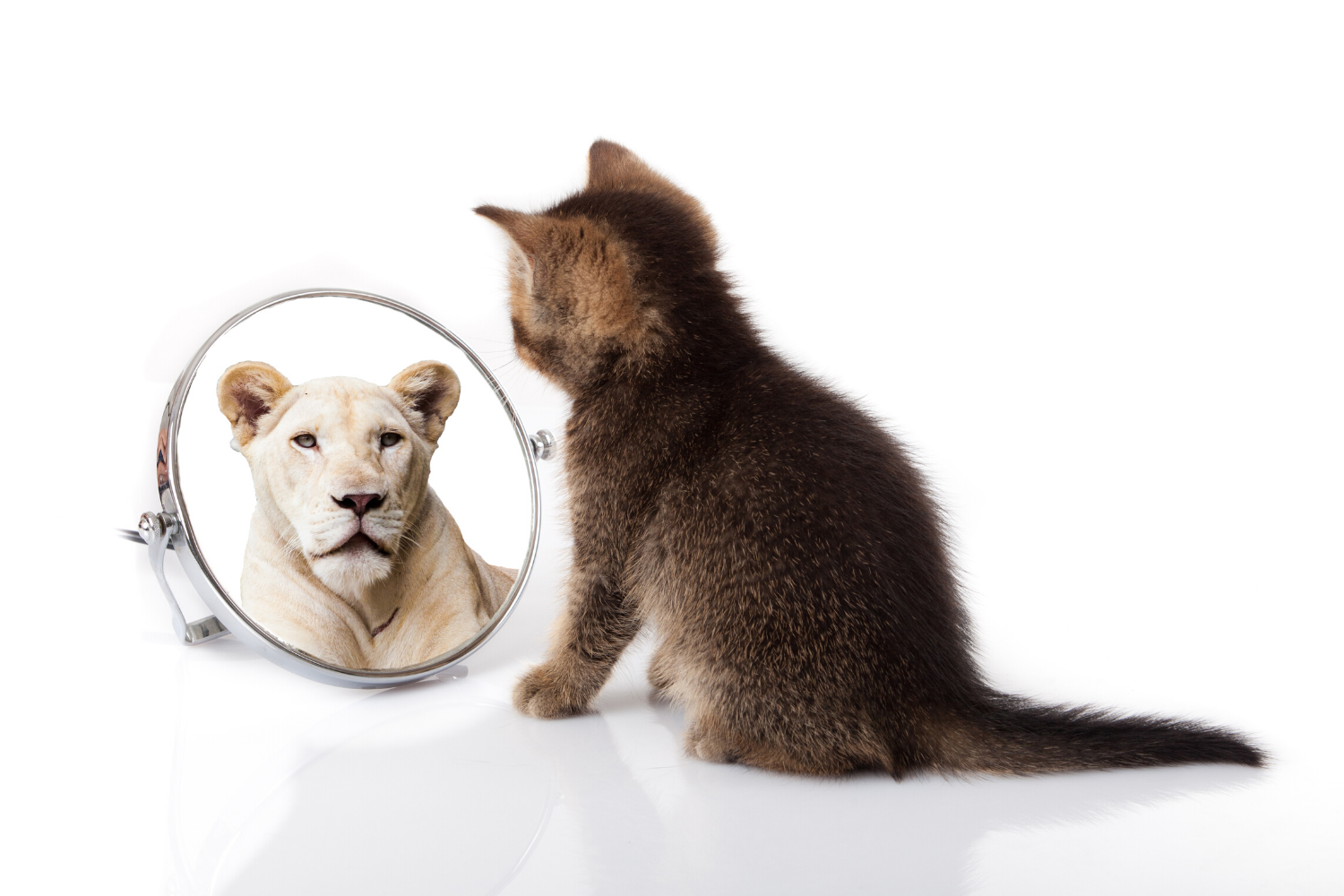Educational experiences and events in real life are how you turn the world into your classroom. It also makes getting an education fun and engaging for your children. Most importantly, the lessons they learn in the real world, they never forget.
The unfortunate event was that my son did not dry the iron skillet and in the morning I found it completely rusted out.
But as a homeschooling mother, I was delighted. A discovery like this becomes a learning opportunity. The kids pile into the kitchen and a discussion of what’s happened to the pan becomes a day of homeschooling, with all subjects covered.
“Tell me and I forget, teach me and I may remember, involve me and I learn.”
Upon finding the rusty skillet, your conversation might go something like this:
"Hey, kids, come here! I want you to see something interesting."
"What happened to the pan?" they ask.
"Exactly! Does anyone know what this is?" I point to the rust.
"It looks like rust," they reply.
"It is rust, but do you know why the pan is rusty?
"No, how did it get like that?" They are wondering if the pan is now ruined, and one child looks a little guilty.
The Science Lesson
I then send them off to get their science encyclopedias and they look up how rust is formed. They learn that when impure iron (cast iron) meets water and oxygen, the iron gives some of its electrons to the oxygen and the oxidation process begins.
As rust is formed it eats away at the pan, and, if left for a long period of time, will eventually corrode it, which is exactly why we never leave a wet iron skillet to dry by itself.
And the Learning Continues
We could go on to teach them about the parts of an atom and how molecules are formed and so on.
We could then explain that the study of chemistry is partly about how matter is made up of different atoms and molecular structures and how they react to one another and how they behave in the physical world.
From the rust on the iron skillet, a host of questions will arise and we will go as deep as the children want in helping them to discover the answer to their questions, plus all the additional things they will learn along the way.
“Spoon feeding in the long run teaches us nothing but the shape of the spoon.”
This is the kind of learning that engages children, fosters their interest in the world, and keeps them wanting to know more.
The Writing Lesson
The children can write a few lines or a paragraph, depending upon their age, about their understanding of how rust forms and anything else they learned around this discovery. We could also take them to the library to find books that elaborate more about some of the things they are questioning.
The History Lesson
We could then move on to history and teach them about the Iron Age. We could also give them a little history about how iron skillets and griddles were the mainstay in a woman's kitchen prior to the 20th century, later to be replaced by non-stick pans with plastic coating.
“Education is the kindling of a flame, not the filling of a vessel.”
― Socrates
The Philosophy Lesson
We could venture even further and discuss man’s tendency to NOT leave well enough alone and create problems where there were none before. Instead of a little scrubbing, we now cook with plastic-coated pans that produce off-gassing toxic enough to kill a small bird. Who knows what it will do to our health over the time? And so we ask, was the invention of the plastic-coated pan really such an improvement?
The Theology Lesson
This conversation could lead into a conversation about living more in-tune with God’s creation, rather than polluting it with man-made goods, especially when those man-made goods stem from greed.
The Moral Lesson
But the biggest lesson to be learned is the lesson of doing things right, which brings us back to why there was rust in the skillet in the first place. When you find your children doing a substandard job, here is a poem they can recite to etch the reminder to “do their best” into their conscience.
Work while you work,
Play while you play,
This is the way,
To be happy each day.
All that you do,
Do with your might,
Things done by halves
Are never done right.
Anon.
Now you can see how a little rust in a skillet becomes fodder for science, writing, history, and even a philosophy lesson. You could go on to include more subjects but this is just a sample of how to approach the art of homeschooling.
Don’t miss our free download, 10 True Facts About Homeschooled Kids That Will Surprise You.
When you join the Smart Homeschooler Academy online course for parents, Liz will share her 6-step framework for homeschooling brighter, happier, engaged kids who can get into the top 20 colleges and excel in their personal and professional lives.
Teach your child to read before sending him to school! Learn more about Liz's unique course to raise a serious reader, How to Teach Your Child to Read and Raise a Child Who Loves to Read.
For parents of younger children, who are concerned that their children develop well physically, emotionally, neurologically (brain), and intellectually, start with Liz’s original online course, Raise Your Child to Thrive in Life and Excel in Learning.
Elizabeth Y. Hanson is a homeschooling thought-leader and the founder of Smart Homeschooler.
As an Educator, Homeschool Emerita, Writer, and Love and Leadership Certified Parenting Coach, she has 23 years of experience working in education.
Developing a comprehensive understanding of how to raise and educate a child, based on tradition and modern research, Liz devotes her time to helping parents to get it right.
Liz is available for one-on-one consultations as needed.
"I know Elizabeth Y. Hanson as a remarkably intelligent, highly sensitive woman with a moral nature and deep insight into differences between schooling and education. Elizabeth's mastery of current educational difficulties is a testimony to her comprehensive understanding of the competing worlds of schooling and education. She has a good heart and a good head. What more can I say?”
—John Taylor Gatto Distinguished educator, public speaker, and best-selling author of Dumbing Us Down: The Hidden Curriculum of Compulsory Schooling. For a copy of The Short Angry History of Compulsory Schooling, click here.

































